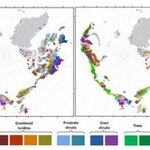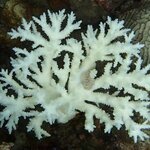
Some people believe the Intergovernmental Panel on Climate Change (IPCC) is a small, unified body composed of the best scientists who make proclamations on lots of things.
That isn't really true. The actual IPCC is a tiny UN group, around a dozen people, but the bulk of the data is compiled by unpaid (well, unpaid by the UN) scientists who participate in working groups that argue over the science - it is not without some flaws. They use geographical and gender parameters for participation so a working group may not have the best scientists in the world, some will have been chosen because they…



